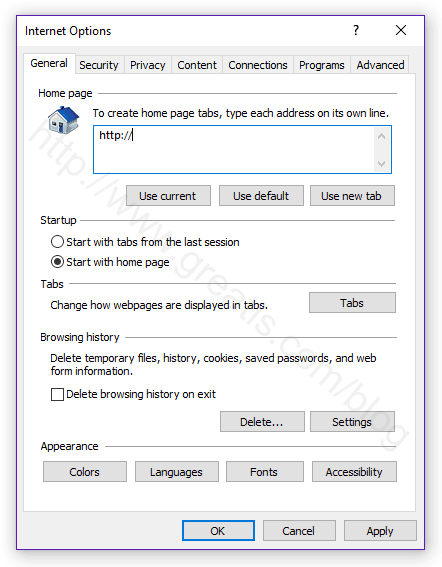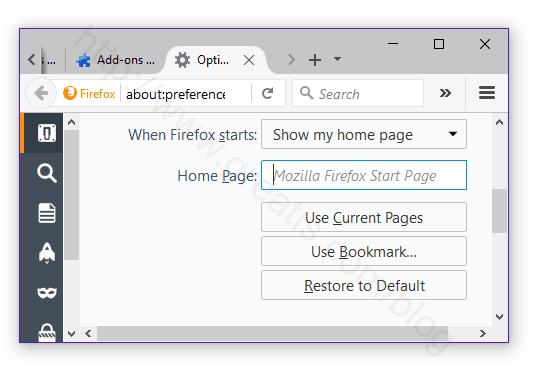 I recommend you UnHackMe - Ultimate Malware Killer for fast malware removal:
I recommend you UnHackMe - Ultimate Malware Killer for fast malware removal:
Free Download Fully Functional 30-day Trial. No credit card is required.
Reviews. EULA. Privacy Policy. Uninstall.
What is MLS.EXE?
MLS.EXE detected as TROJ.MLS.EXE.
You can get it on your computer while downloading it bundled with some free software.
Sadly, most free downloads do not disclose that other programs will be installed, so you are more likely to get MLS.EXE on your PC without your own knowledge.
After being downloaded, MLS.EXE hijacks your browser and changes search settings.
MLS.EXE also causes an appearance of popup ads and browser redirecting.
MLS.EXE is very annoying and hard to get rid of.
Technical Information:
- Full path on a computer= %APPDATA%\RAC\MLS.EXE
You have 2 ways to remove MLS.EXE:

Why I recommend you to use an automatic way?
- You know only one virus name: "MLS.EXE", but usually you have infected by a bunch of viruses.
The UnHackMe program detects this threat and all others. - UnHackMe is quite fast! You need only 5 minutes to check your PC.
- UnHackMe uses the special features to remove hard in removal viruses. If you remove a virus manually, it can prevent deleting using a self-protecting module. If you even delete the virus, it may recreate himself by a stealthy module.
- UnHackMe is small and compatible with any antivirus.
- UnHackMe is fully free for 30-days!
Here’s how to remove MLS.EXE virus automatically:
STEP 1: Install UnHackMe (1 minute)
STEP 2: Scan for malware using UnHackMe (1 minute)
STEP 3: Remove MLS.EXE virus (3 minutes)
So it was much easier to fix such problem automatically, wasn't it?
That is why I strongly advise you to use UnHackMe for remove MLS.EXE redirect or other unwanted software.
How to remove MLS.EXE manually:
STEP 1: Check all shortcuts of your browsers on your desktop, taskbar and in the Start menu. Right click on your shortcut and change it's properties.
You can see MLS.EXE or another web site at the end of shortcut target (command line). Remove it and save changes.
In addition, check this command line for fake browser's trick.
For example, if a shortcut points to Google Chrome, it must have the path:
C:\Program Files (x86)\Google\Chrome\Application\chrome.exe.
Fake browser may be: …\Appdata\Roaming\HPReyos\ReyosStarter3.exe.
Also the file name may be: “chromium.exe” instead of chrome.exe.
STEP 2: Investigate the list of installed programs and uninstall all unknown recently installed programs.
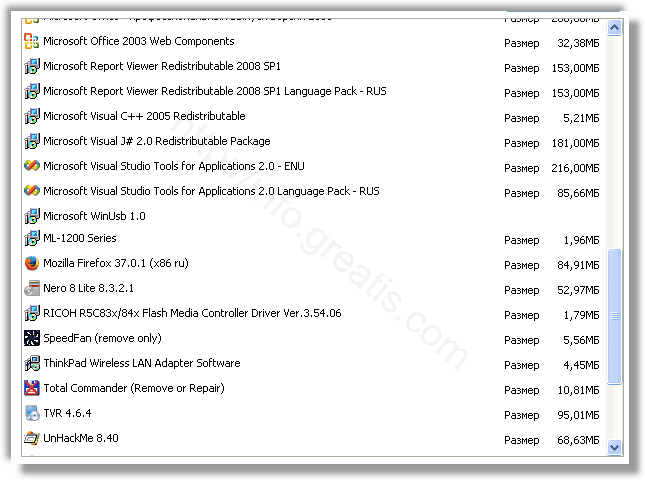
STEP 3: Open Task Manager and close all processes, related to MLS.EXE in their description. Discover the directories where such processes start. Search for random or strange file names.
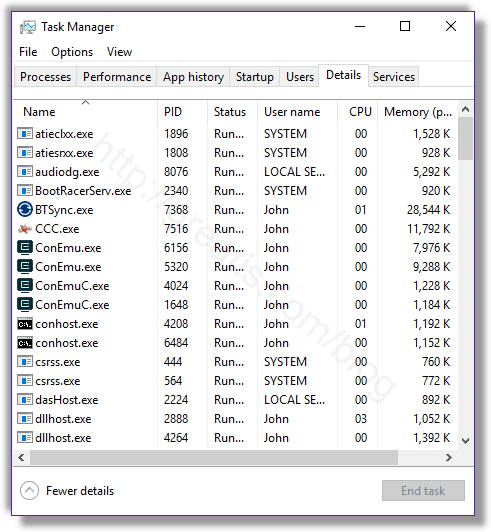
Remove MLS.EXE virus from running processes
STEP 4: Inspect the Windows services. Press Win+R, type in: services.msc and press OK.
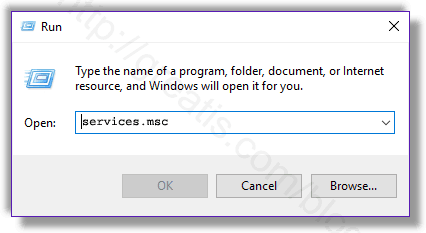
Remove MLS.EXE virus from Windows services
Disable the services with random names or contains MLS.EXE in it's name or description.
STEP 5: After that press Win+R, type in: taskschd.msc and press OK to open Windows Task Scheduler.
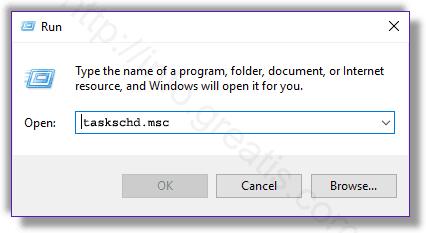
Delete any task related to MLS.EXE. Disable unknown tasks with random names.
STEP 6: Clear the Windows registry from MLS.EXE virus.
Press Win+R, type in: regedit.exe and press OK.
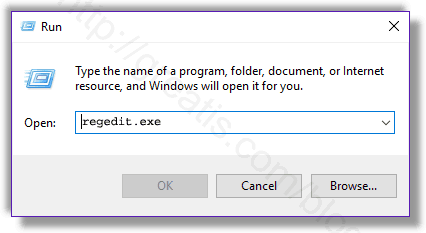
Remove MLS.EXE virus from Windows registry
Find and delete all keys/values contains MLS.EXE.
STEP 7: Remove MLS.EXE from Google Chrome.
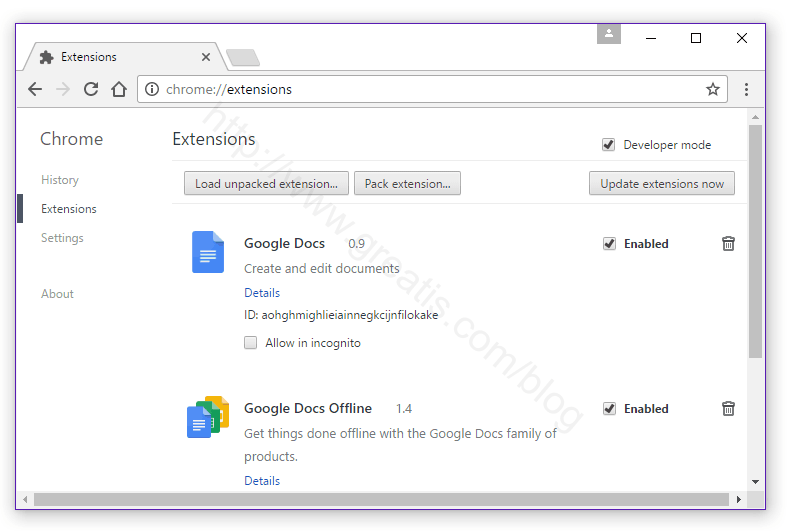
STEP 8: Remove MLS.EXE from Internet Explorer.
STEP 9: Remove MLS.EXE from Mozilla Firefox.
STEP 10: And at the end, clear your basket, temporal files, browser's cache.
But if you miss any of these steps and only one part of virus remains – it will come back again immediately or after reboot.

